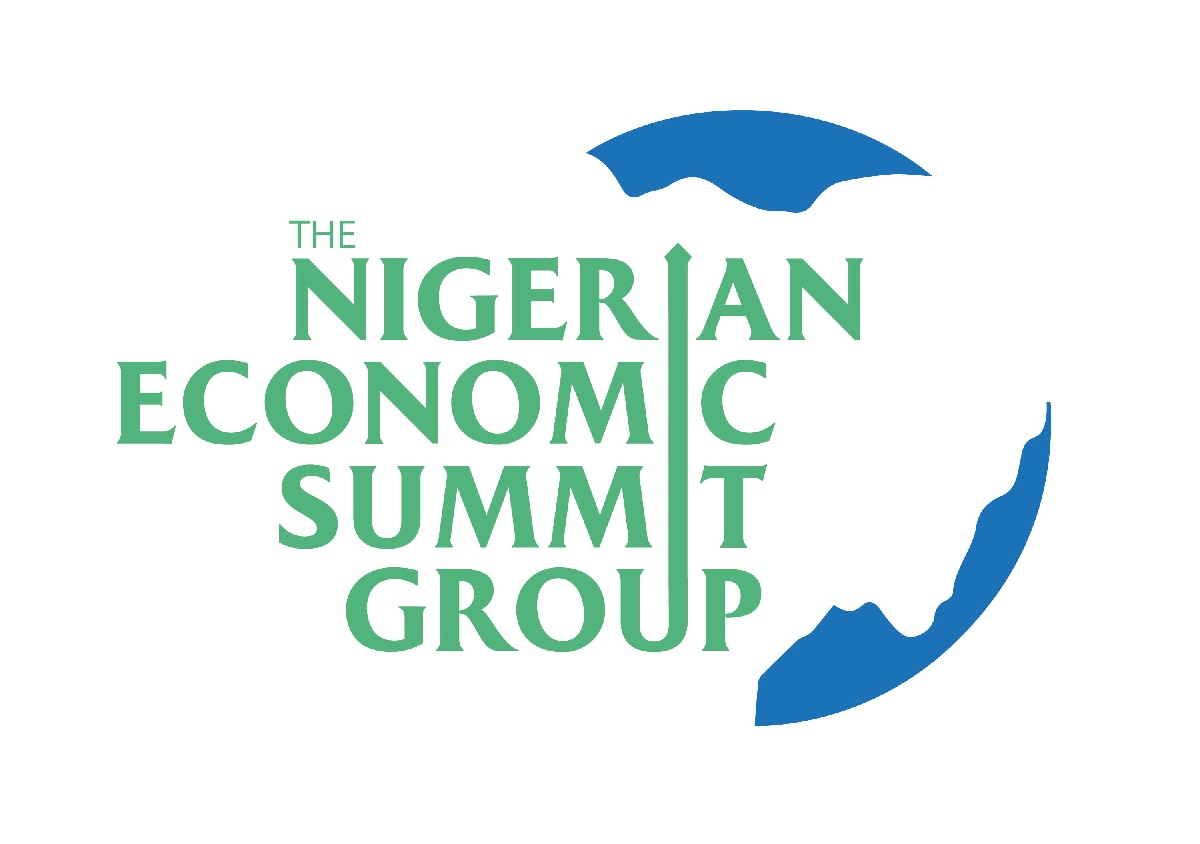NESG harps on strong institutions
The Nigerian Economic Summit Group, (NESG) has identified lack of strong institutions, political will and private sector involvement as the bane for slow progress of the country’s economy. The group’s Chief Executive Officer, CEO Tayo Aduloju stated this while fielding questions from newsmen during the commencement of the group’s 30 year celebration themed: “In the […]

The Nigerian Economic Summit Group (NESG)
The Nigerian Economic Summit Group, (NESG) has identified lack of strong institutions, political will and private sector involvement as the bane for slow progress of the country’s economy.
The group’s Chief Executive Officer, CEO Tayo Aduloju stated this while fielding questions from newsmen during the commencement of the group’s 30 year celebration themed: “In the National Interest: Reflecting on the past and reimagining the future,” held at the Lagos Business School (LBS) in Lagos.
Aduloju however recalled the group’s efforts in driving policies for the country’s economic growth, stressing that the national telecommunications policy which birthed the GSM in 1999 propelled a positive economic growth.
“1997, the national telecommunications policy was something NESG pushed for review . That review created the new policy that brought the liberalization of the telecommunications sector that gave birth to the GSM evolution for example.
- IRC allocates $84.4 million to combat insurgency-induced malnutrition in northeast
- FG adds 625 megawatts to national grid
“What made it work was a strong institution, political will, accountability by all stakeholders and the willingness of the government to let the private sector be the engine of growth and that is what gave two decades of growth in telecommunications,” he said.
He attributed the decline to the country’s economy to lack of deeper commitment on accountability and transparency of government, saying the group has been challenged to offer support.
The NESG’s chairman, Niyi Yusuf said, “NESG is also ready to continue its collaborative efforts with the three arms of national and subnational governments with the private sector and the international community to propel Nigeria to a more resilient, inclusive and prosperous future.”
Earlier, the Lagos state governor, Babajide Sanwo-Olu revealed that the public sector is plagued by lack of synergy to achieve a common national interest, urging NESG to fix the gap.
